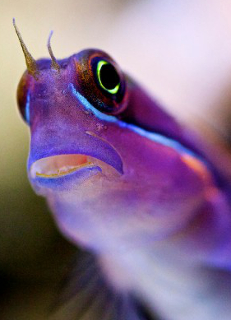Hunt backs coal against environmentalists
 The Federal Environment Minister has defended the coal industry against what it says are attacks by environmentalists.
The Federal Environment Minister has defended the coal industry against what it says are attacks by environmentalists.
Federal Environment Minister Greg Hunt says environmental groups have tried to hijack the World Heritage Committee’s assessment process for the Great Barrier Reef, saying they only want to shut down the coal industry in Australia.
The World Heritage Committee released its crucial draft decision on whether the Reef should be placed on the World Heritage “in danger” list, saying recent efforts have spared it from being downgraded.
But there will be a follow-up review in 18 months, which environmental groups say allows a window within which state and federal governments must introduce real, effective and immediate reforms.
Mr Hunt says the World Heritage Committee’s decision is vindication of 18 months of lobbying in 15 countries, and the commitment of billions of extra dollars to improving water quality and monitoring the Reef.
However, Hunt also says that groups like WWF Australia have used UNESCO’s spotlight on the Reef in order to pursue their real agenda; shutting down the fossil fuel industry including contentious coal mines in the Galilee Basin.
“Some of the green groups have been deeply irresponsible,” he told Fairfax Media.
“Because they ought to be honest about what their campaign is about: to try and deliberately harm the reputation of the reef and hurt Indigenous owners, tourism operators and farmers right along the Queensland coast. They are the real victims of this campaign.”
Hunt says he did not impose new protective measures because of the pressure from the international body, but rather that pressure ‘allowed’ his to do this that otherwise would not have been possible.
“Frankly, we took the opportunity of the UNESCO case to do things that might never have been achievable. It was a challenge to do things that might otherwise not have been done,” he said.
Mr Hunt says new strategies have reduced sediment in reef catchments by 11 per cent, nitrogen by 16 per cent and pesticides by 28 per cent.
WWF Australia says it is not enough to claim victory.
“It's premature to say it is a trend and it pales in comparison to the loss of over 50 per cent of coral cover in the last 30 years and up to 70 per cent since the 1960s,” WWF spokesperson Nick Heath told reporters.








 Print
Print